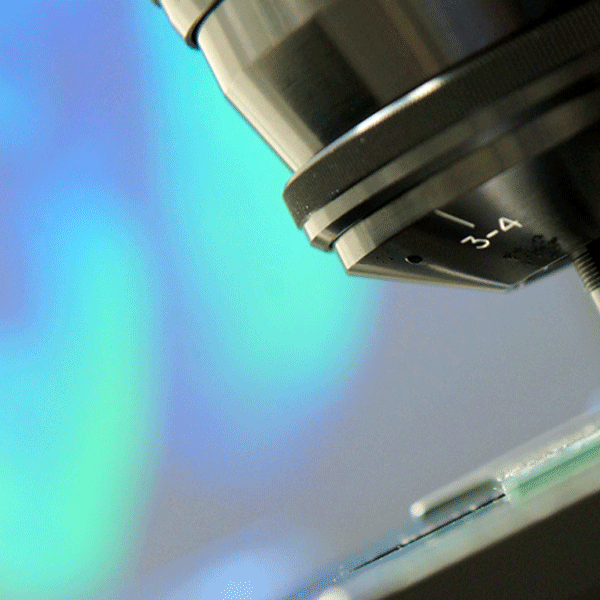Apply
Entry requirements
A first-class or upper second-class Honours degree in biomedical engineering, electrical and electronic engineering, physical or life sciences.
If you have previous biomedical engineering or research experience you may register for MPhil degree. If you're studying for an MPhil or PhD you'll normally attend some of the classes in the instructional MSc in Biomedical Engineering. You'll also undertake a research or development project and submit a thesis.
If you're in industry, the health service or other suitable employment you may register for part-time MPhil or PhD study. Projects for part-time study are subject to the approval of the Head of Department.
The application
During the application you'll be asked for the following:
- your full contact details
- transcripts and certificates of all degrees
- proof of English language proficiency if English isn't your first language
- two references, one of which must be academic
- funding or scholarship information
- research proposal of 250 to 1,000 words in length, detailing the subject area and topic to be investigated
By filling these details out as fully as possible, you'll avoid any delay to your application being processed by the University.
Accepting an offer
Once you've accepted our offer, we'll need you to fulfil any academic, administrative or financial conditions that we ask.
UK or EU students
If you're applying as a UK or EU student, you'll then be issued with your registration documentation.
International students
An ATAS (Academic Technology Approval Scheme) clearance certificate is a mandatory requirement for some postgraduate students in science, engineering and technology.
Find out if you need an ATAS certificate.





